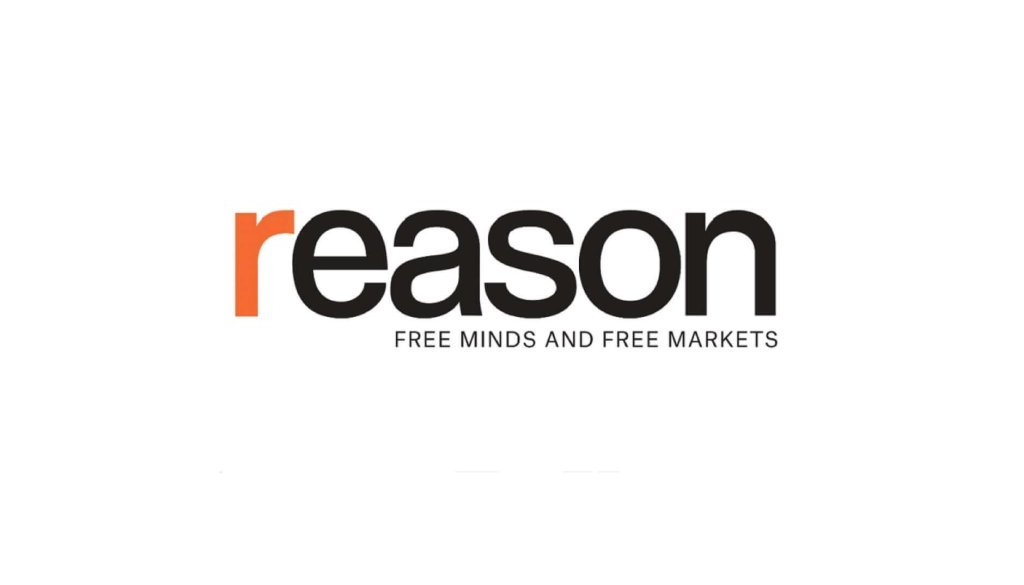Will AI Kill Our Freedom To Think?
The current iteration of AI already edits our emails, sorts our inboxes, and picks the next song we listen to. But convenience is just the start. Soon, the same technology could determine which ideas ever reach your mind—or form within it.
Two possible futures lie ahead. In one, artificial intelligence becomes a shadow censor: Hidden ranking rules will throttle dissent, liability fears will chill speech, default recommendations and flattering prompts will dull our judgment, and people will stop questioning the information they’re given. This is algorithmic tyranny.
In the other, AI becomes a partner in truth seeking. It will surface counterarguments, flag open questions, draw on insight far beyond any single mind, and prompt us to check the evidence and sources. Errors will be chipped away, and knowledge will grow. Our freedom to question everything will stay intact and even thrive.
The stakes couldn’t be higher. AI currently guides about one-fifth of our waking hours, according to our 2024 time-use analysis. It drafts our contracts, diagnoses our diseases, and even ghostwrites our laws. The principles coded into these systems are becoming the hidden structure that shapes human thought.
Throughout history, governments have banned books, closed newspapers, and silenced critics. As Socrates discovered when sentenced to death for “corrupting the youth,” questioning authority has always carried risks. AI’s power to shape thought risks continuing one of humanity’s oldest patterns of control.
The goal hasn’t changed; the method has.
Today, the spectrum of censorship runs from obvious to subtle: China’s great firewall directly blocks content to maintain party control; “fact-checking” systems apply labels with the goal of reducing misinformation; organizations make small, “safety-minded” decisions that gradually shrink what we can see; and platforms overmoderate in hopes of appearing responsible. Controversial ideas don’t have to be banned when they simply vanish when algorithms, trained to “err on th
Article from Reason.com

The Reason Magazine website is a go-to destination for libertarians seeking cogent analysis, investigative reporting, and thought-provoking commentary. Championing the principles of individual freedom, limited government, and free markets, the site offers a diverse range of articles, videos, and podcasts that challenge conventional wisdom and advocate for libertarian solutions. Whether you’re interested in politics, culture, or technology, Reason provides a unique lens that prioritizes liberty and rational discourse. It’s an essential resource for those who value critical thinking and nuanced debate in the pursuit of a freer society.




